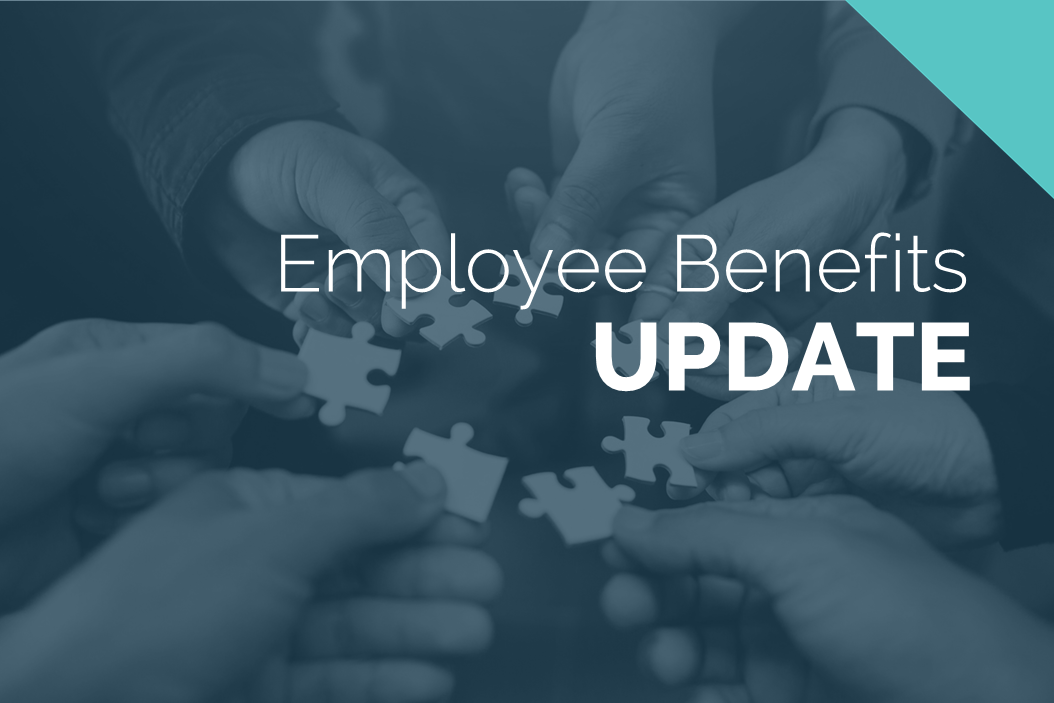Effective May 21, 2023, P&N has joined EisnerAmper. Read the full announcement here.

Many employers are looking for ways to help their company run leaner during these uncertain times. One way to work smarter is by leveraging an often-overlooked cost in the employer health plan premium: the commissions paid to the insurance company and insurance broker from the health insurance premiums.
To illustrate the amount paid in commissions, assume that an employer has 200 insured employees on which it pays $10,000 annually for each employee, for a total of $2 million in premiums. Most health insurance policies pay out a 7% commission, which would amount to $140,000 per year in this example.
With compliance priorities shifted by the impacts of COVID-19, a strong broker relationship takes on even greater importance.
What is your organization receiving for this expense?
Since most broker relationships last in excess of five years, the commissions paid to your insurance broker multiply quickly over the years. While the insurance broker should be paid for the important services that they render, showing up only for the premium renewal and open enrollment is no longer enough for many organizations. With compliance priorities shifted by the impacts of COVID-19, a strong broker relationship takes on even greater importance. Employers should expect their broker to help guide them through the changing benefit landscape in the wake of legislative and regulatory developments. Your broker should understand your organization’s needs well enough to find creative solutions to specific issues.
Beyond that, the definition of a good broker will depend upon the employer's changing needs and what the broker can do to meet them. Brokers that take a consultative approach that focuses on finding solutions to employer challenges rather than on selling products can provide employers with the knowledge and tools to manage their benefits plans, costs, communication strategies, and compliance obligations more effectively.
Selecting a new insurance broker
The formal request for proposal (RFP) process is a good way to demonstrate due diligence and the fulfillment of fiduciary duties. One of the purposes of the formal RFP is to help eliminate candidates who will not take the time to respond in writing. The form of the proposal will provide insight into each respondent’s mode of operations. Second, the written responses provide a basis upon which to ask more in-depth questions during any presentation. The responses can later be used as back up when requesting services in the future. A written proposal will also elicit much more information than is acquired and retained through an informal Q&A session. Lastly, the written responses are valuable in the reflection process when selecting the broker.
Through the years, P&N has developed a consultative RFP process to assist our clients in choosing an insurance broker that suits the organization’s needs and priorities. Our professionals will discuss your unique situation and identify ways to help your health plan work smarter. Contact us to start a conversation.




